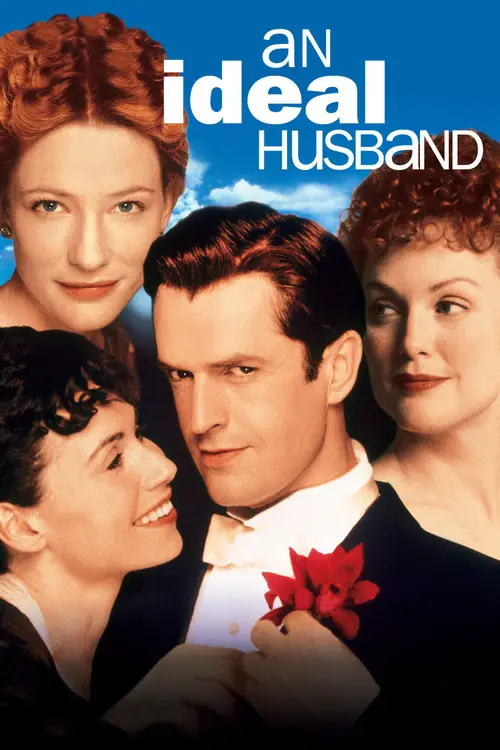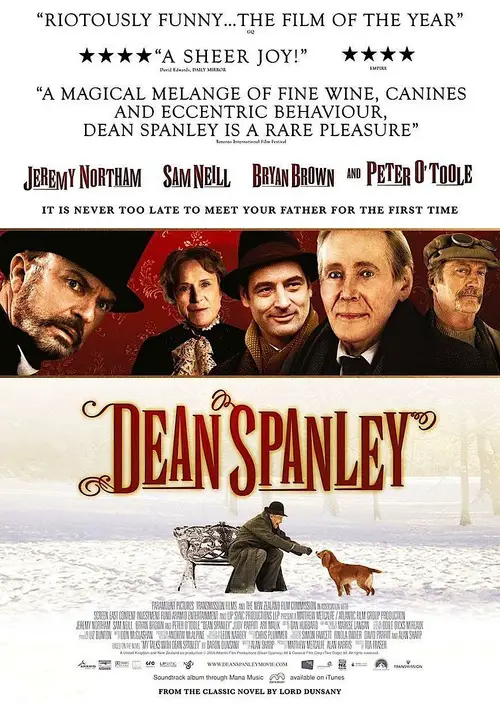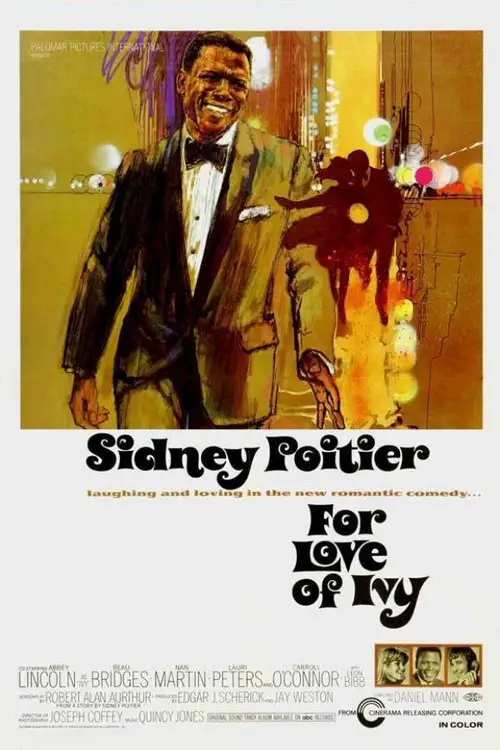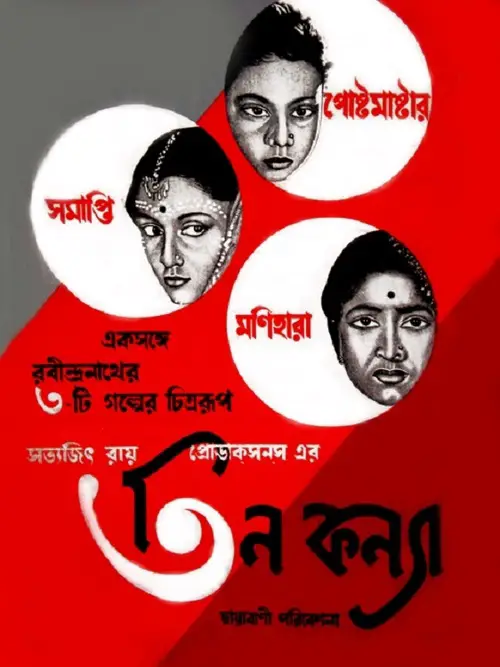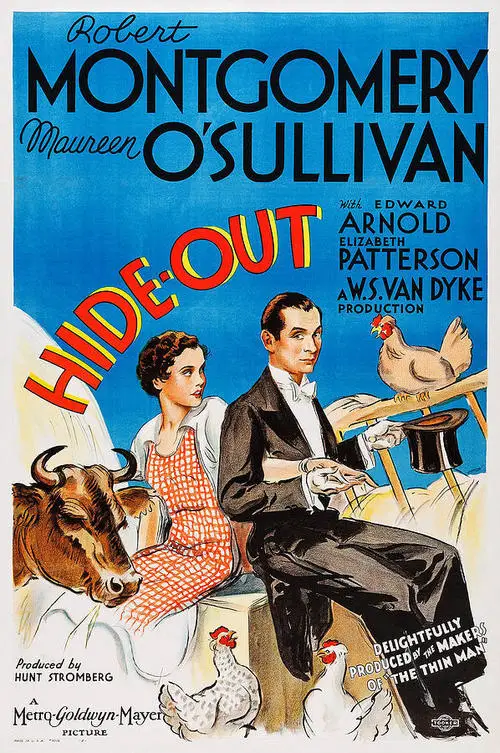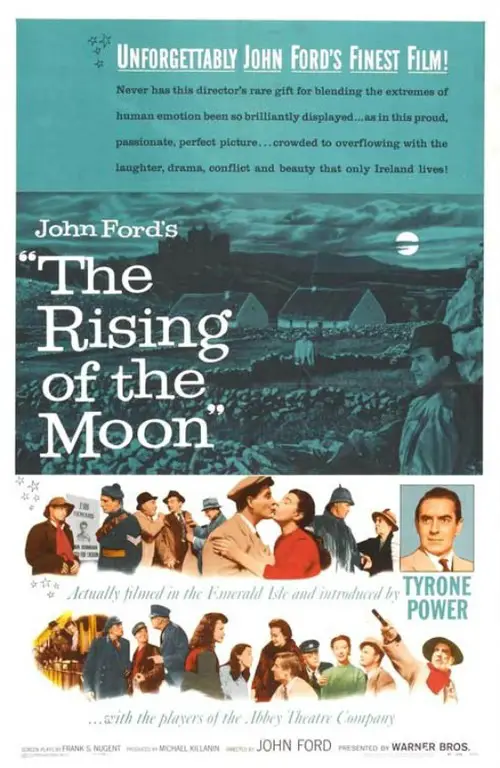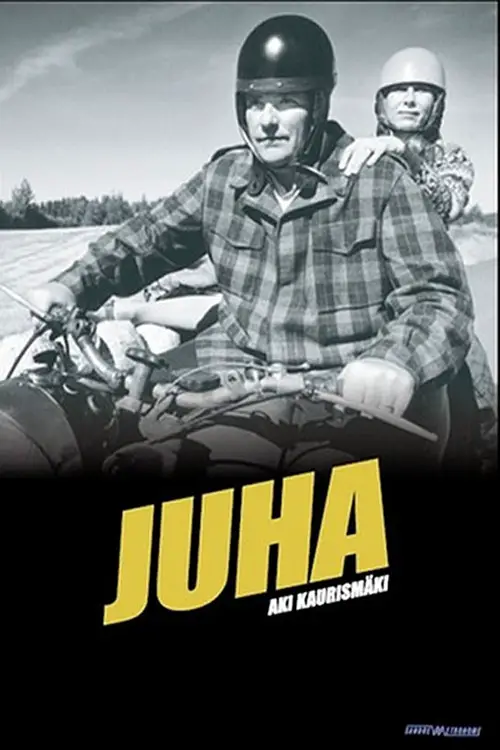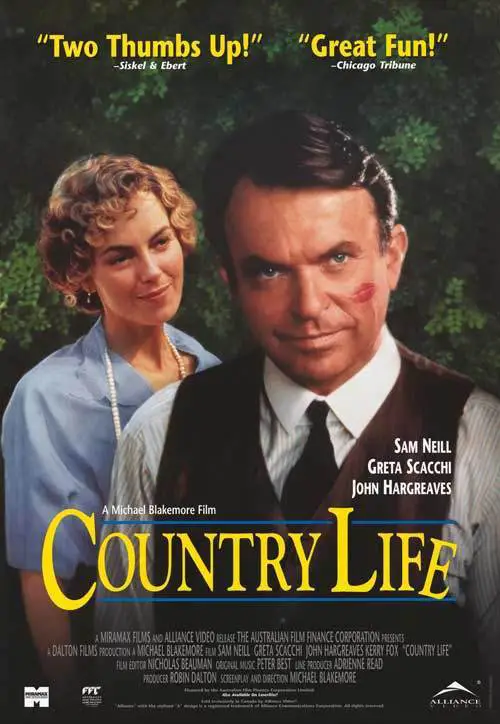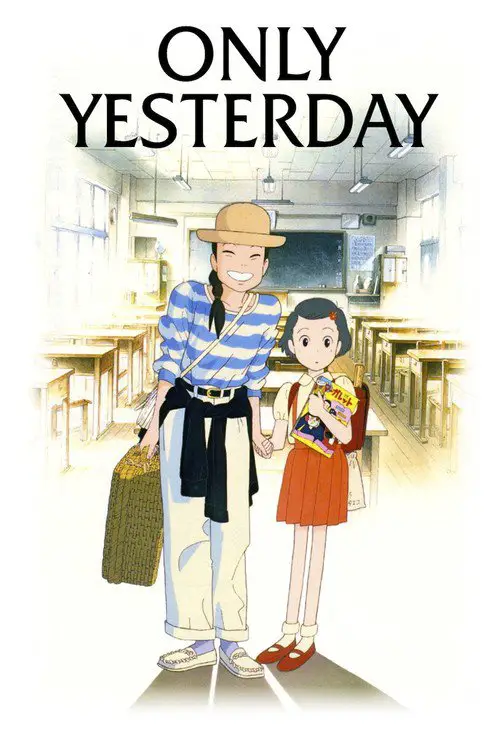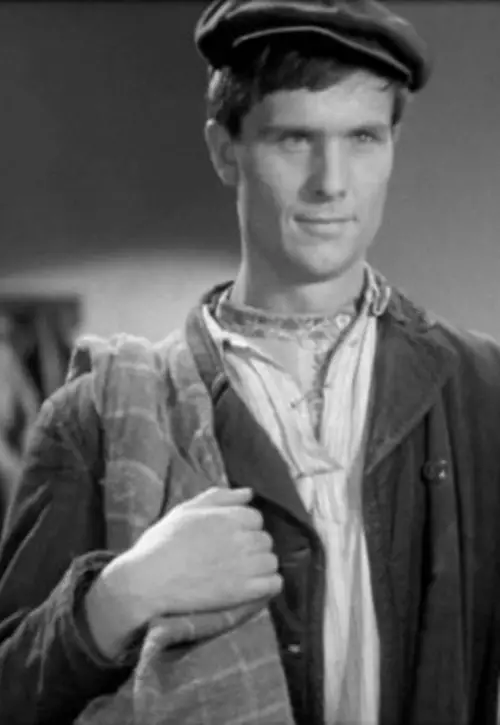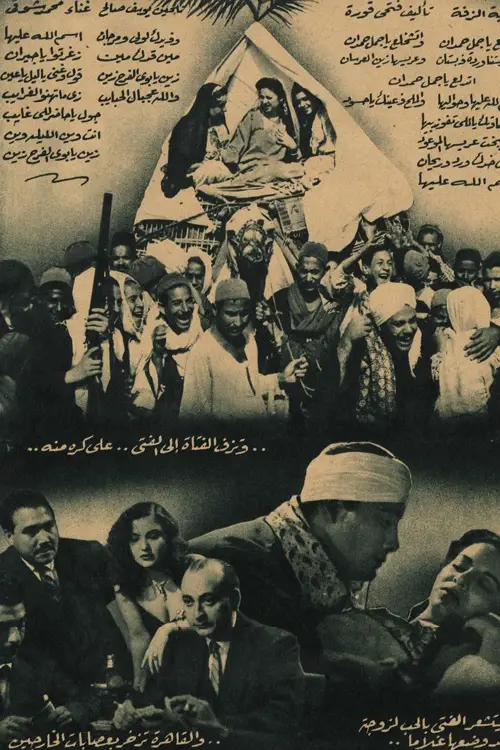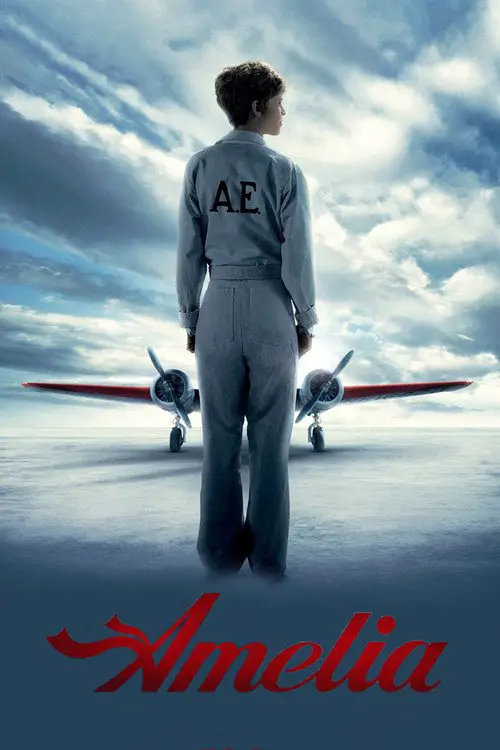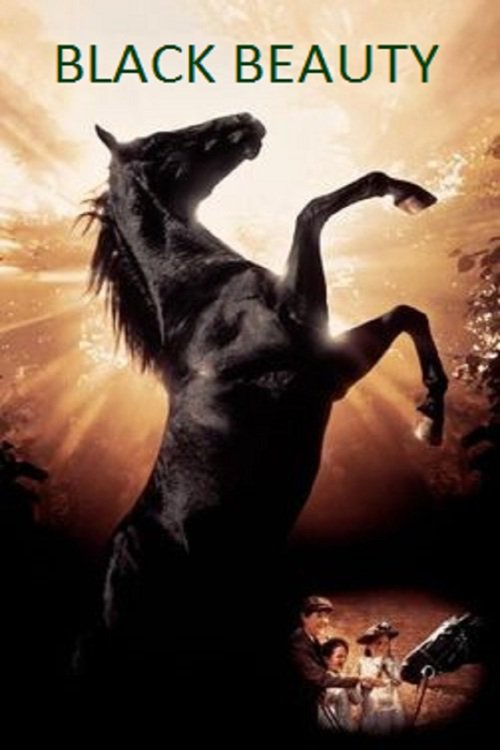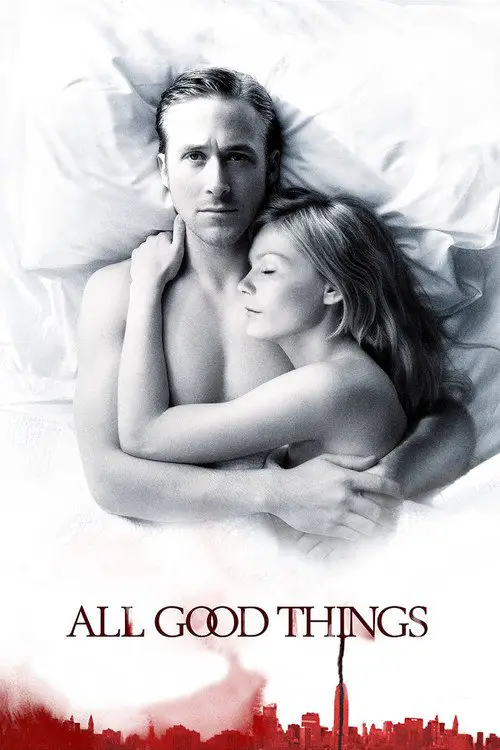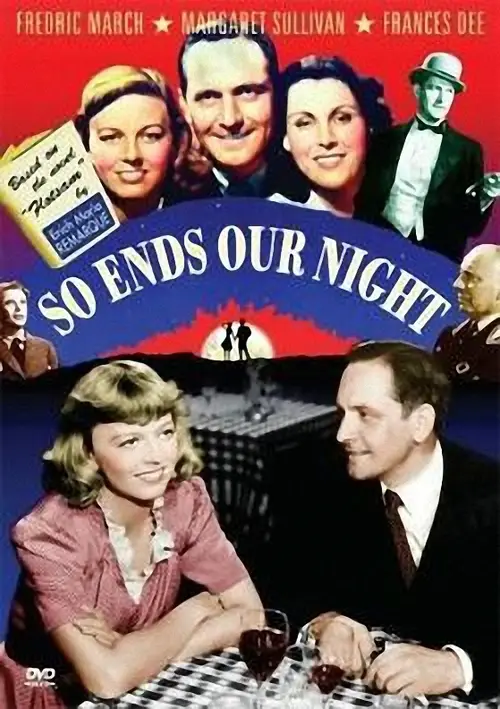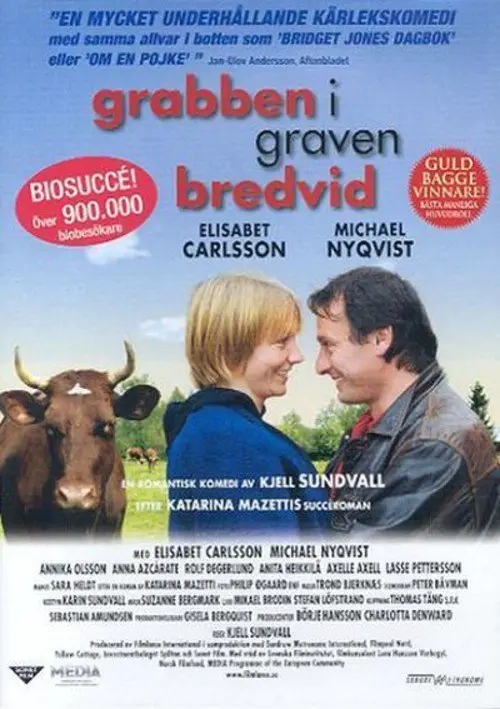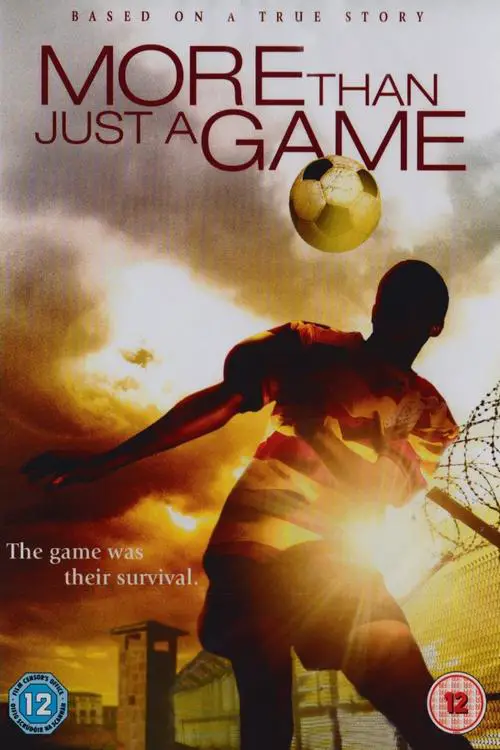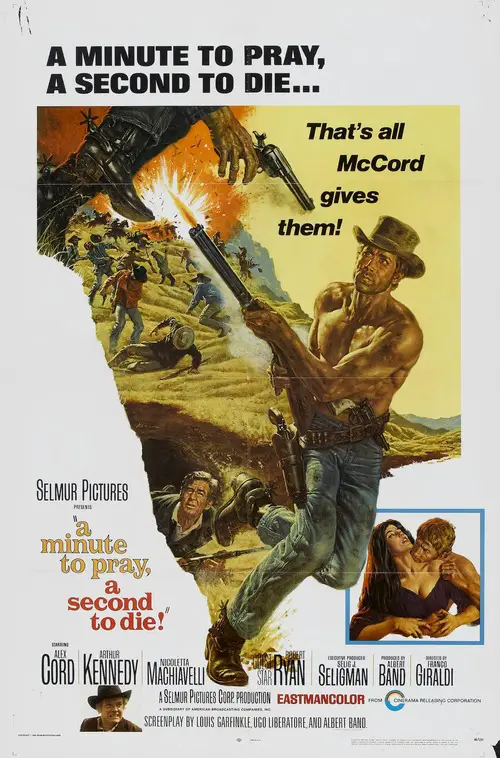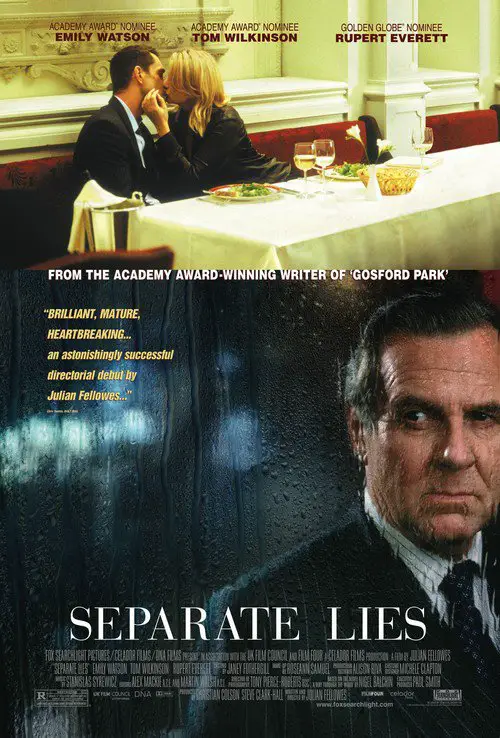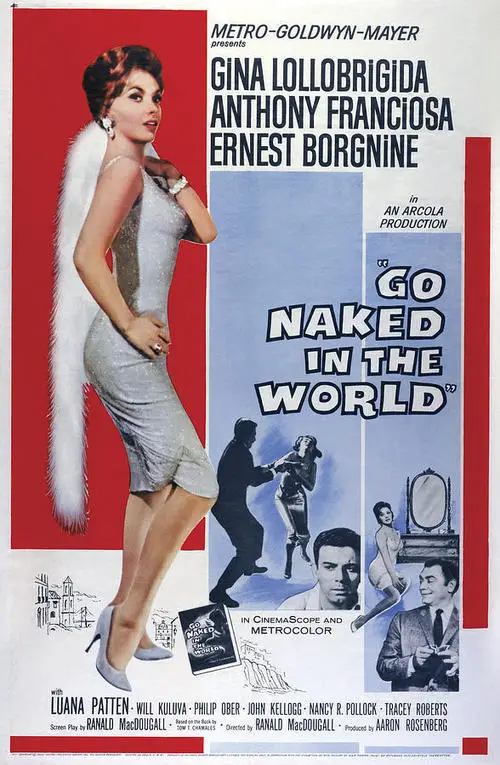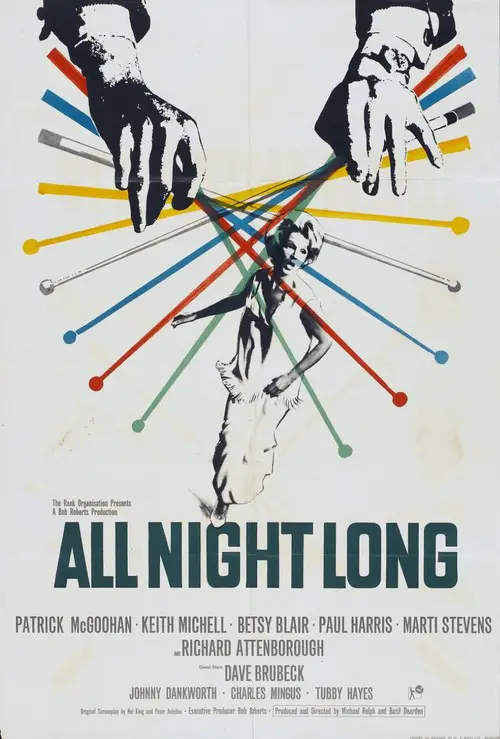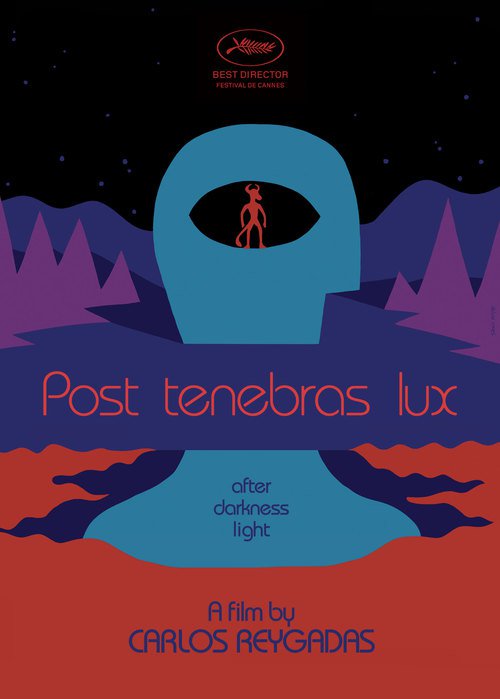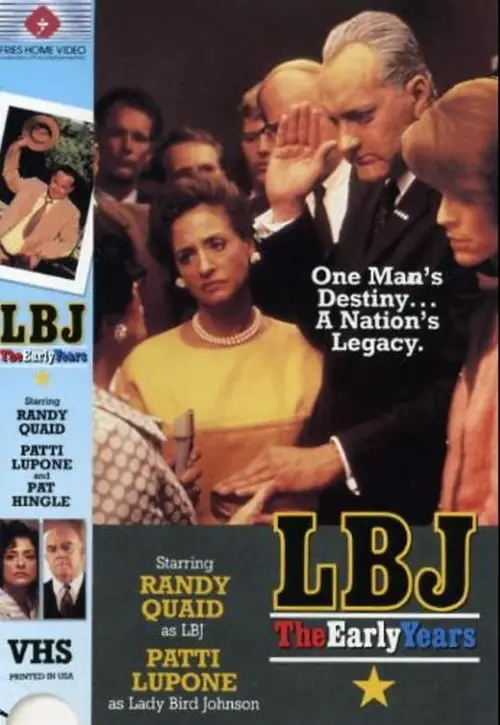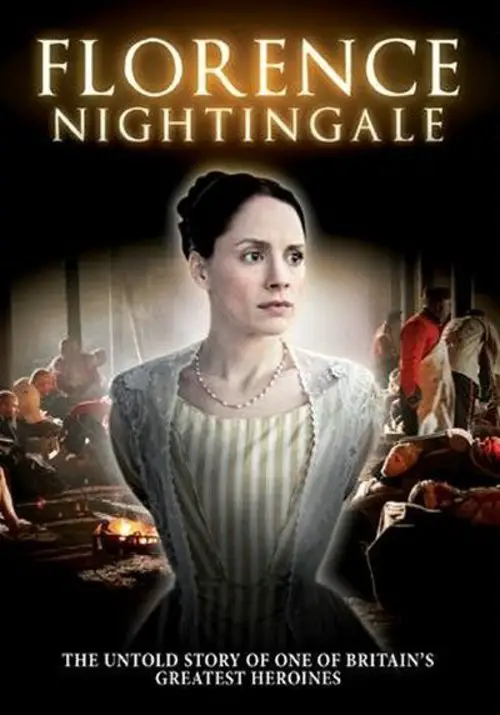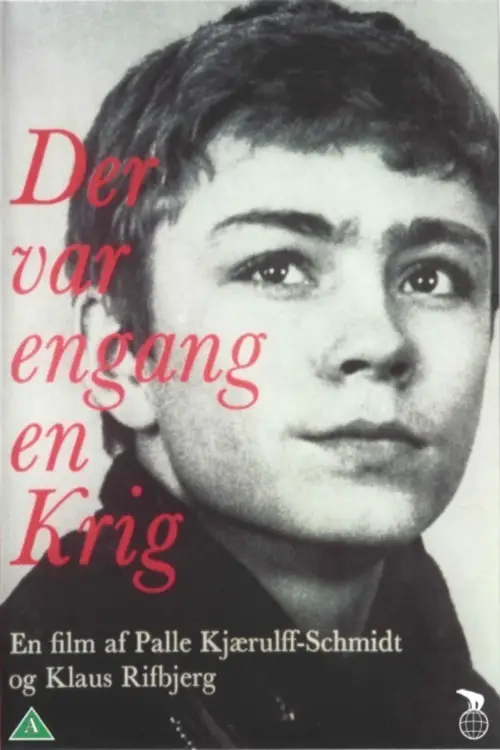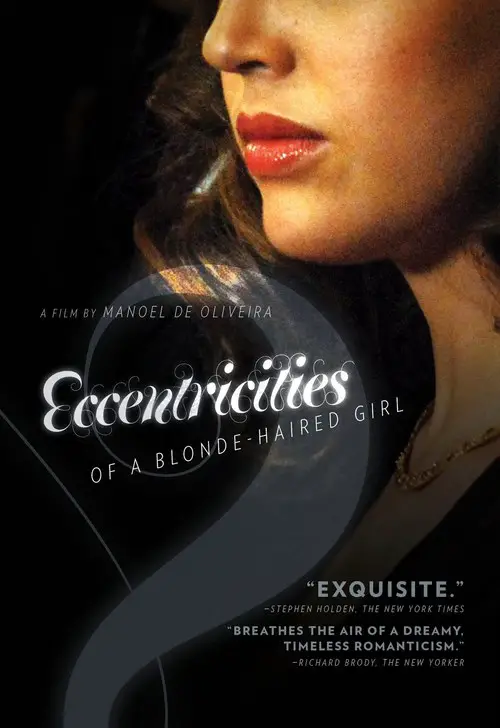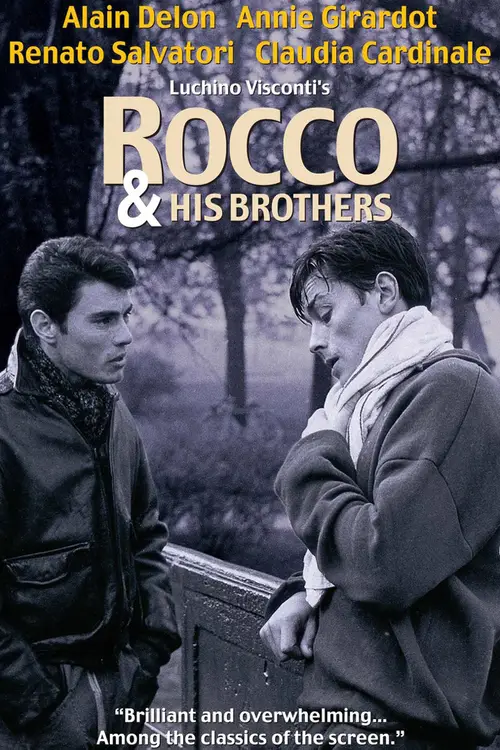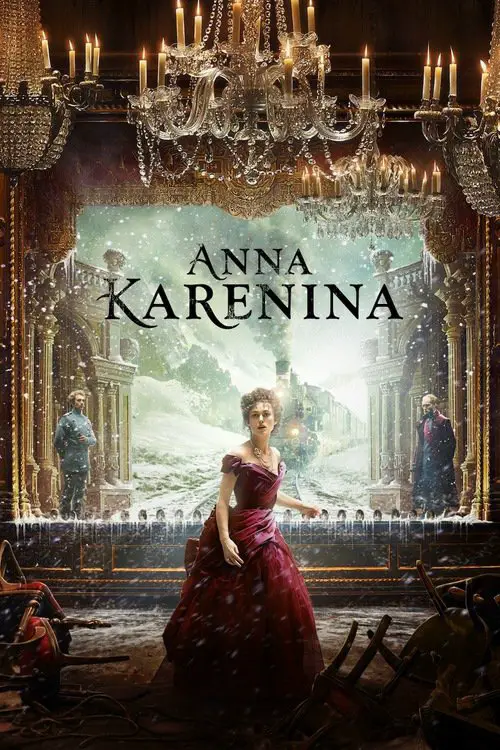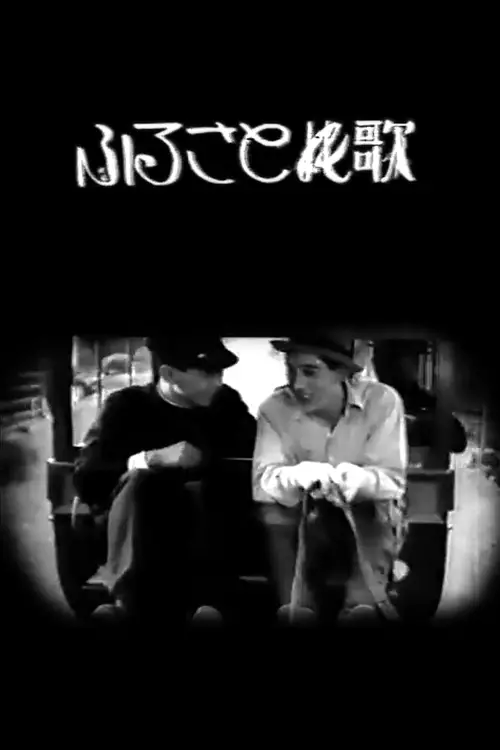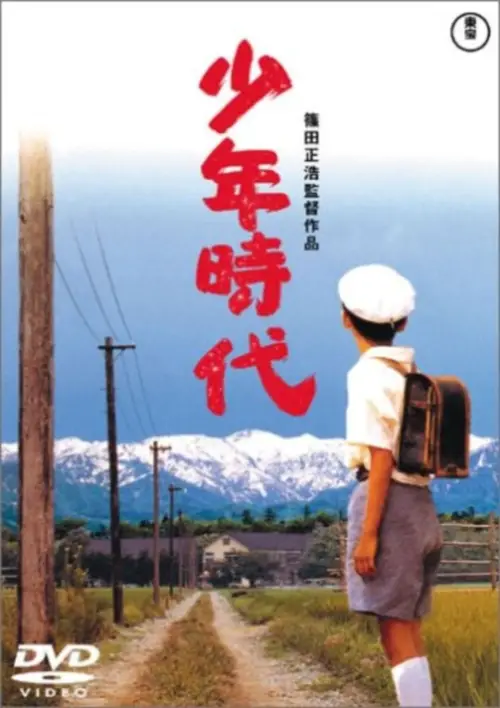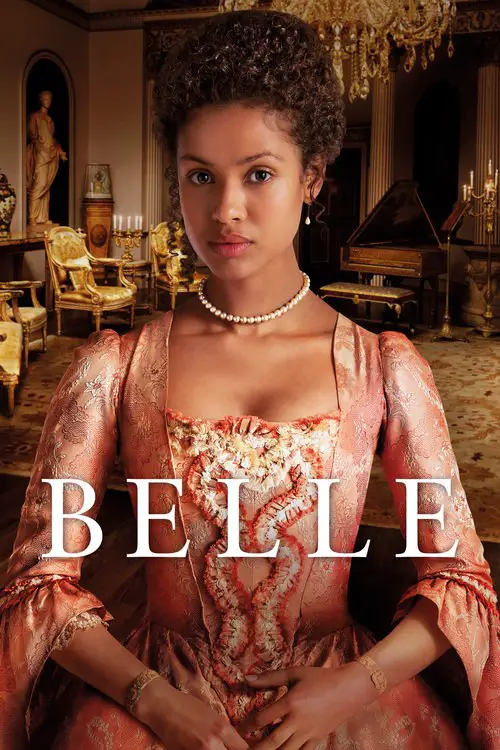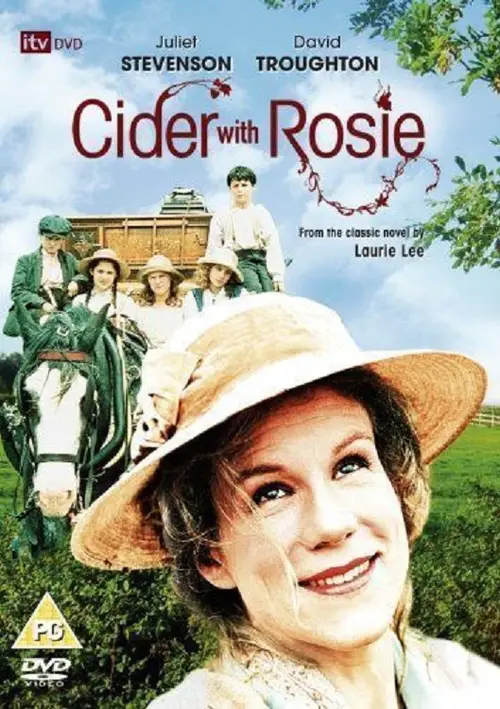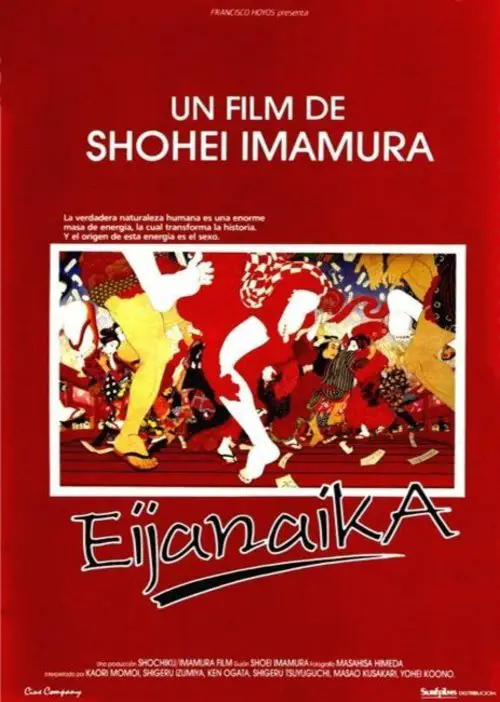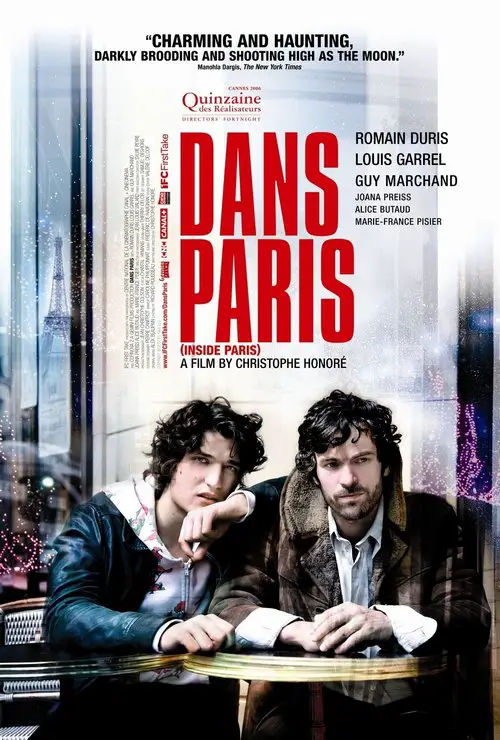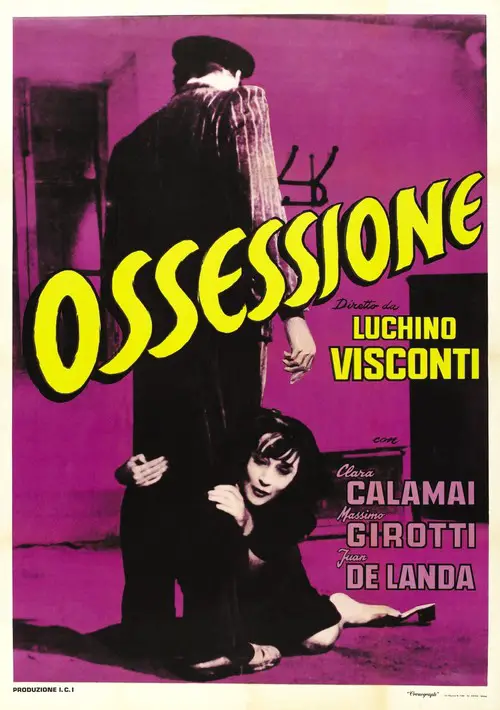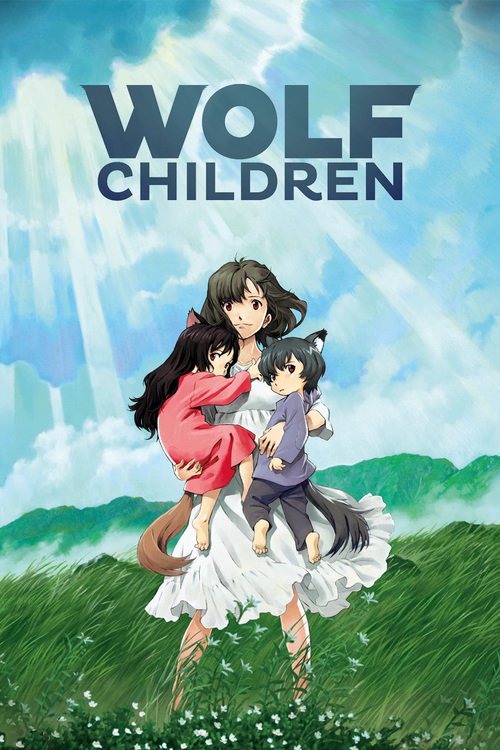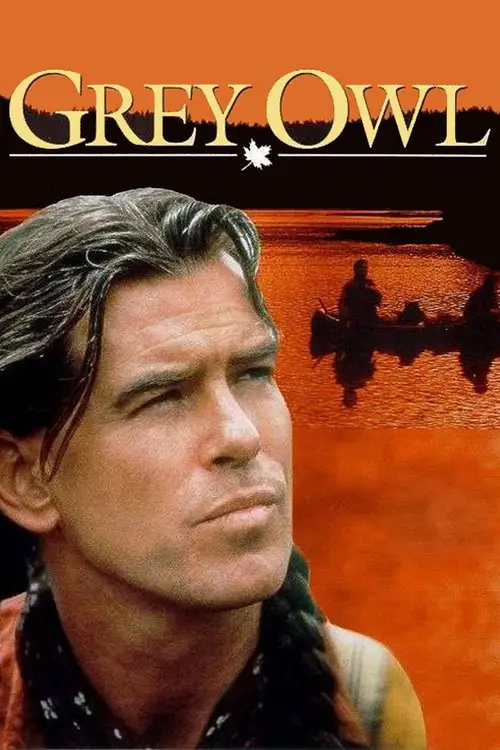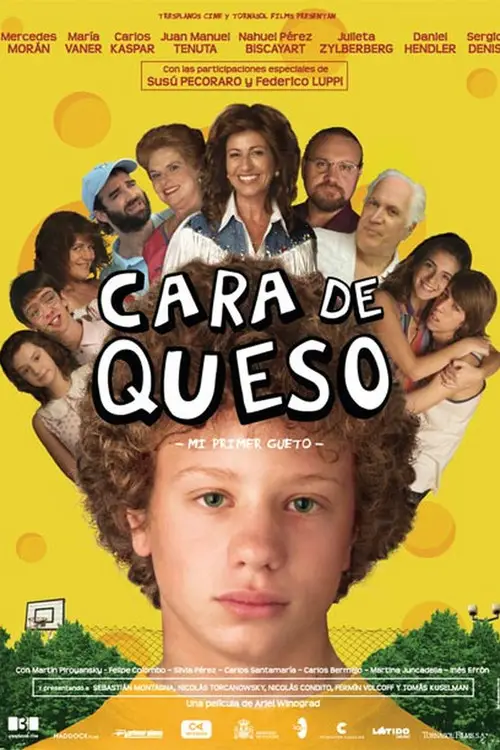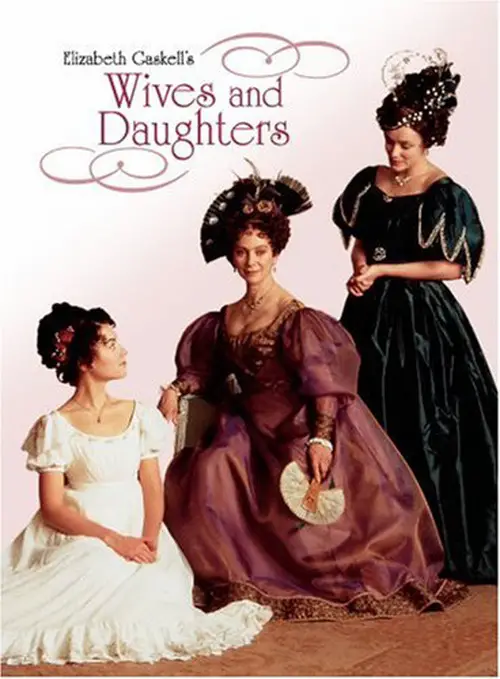Uncertain Terms (2014)
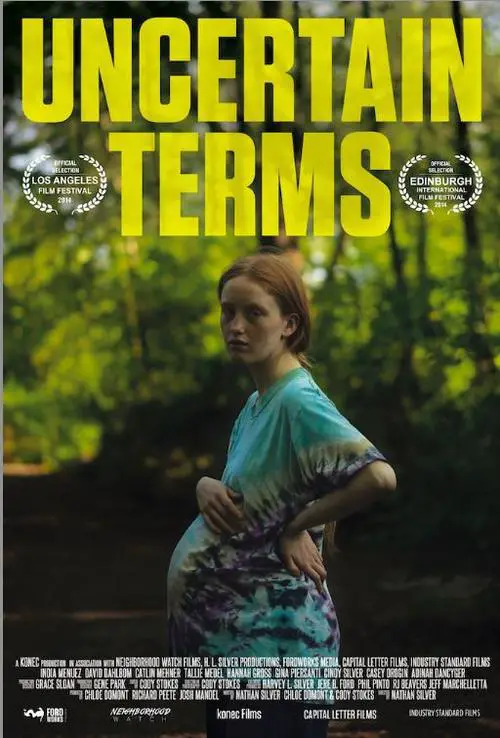
Similar movies
Sir Robert Chiltern is a successful Government minister, well-off and with a loving wife. All this is threatened when Mrs Cheveley appears in London with damning evidence of a past misdeed. Sir Robert turns for help to his friend Lord Goring, an apparently idle philanderer and the despair of his father. Goring knows the lady of old, and, for him, takes the whole thing pretty seriously.
Two 'resting' actors living in a squalid Camden Flat - and living off a diet of booze and pills - take a trip to a country house (belonging to Withnailâs uncle) to 'rejuvenate'. Faced with bad weather, altercations with the locals, and the unexpected arrival (and advances) of Uncle Monty, the pairs wits and friendship are tested...
Set in 1969, the year in which the hippy dreams of so many young Englishmen went sour, 1986's Bruce Robinson's Withnail and I is an enduring British cult. Withnail is played by the emaciated but defiantly effete Richard E Grant, "I" (i.e., Marwood) by Paul McGann. Out-of-work actors living in desperate penury in a rancid London flat, their lives are a continual struggle to keep warm, alive and in Marwood's case sane, until the pubs open. A sojourn in the country cottage of Withnail's Uncle Monty only redoubles their privations.
When it was released in 1968, For Love of Ivy was the first mainstream Hollywood film to depict a mature romantic relationship between a black man and woman. Sidney Poitier stars as Jack Parks, a trucking executive who runs an illegal travelling casino out of one of his vehicles. Abbey Lincoln co-stars as Ivy Moore, the much-valued maid of the white Austin household. To make sure that Ivy won't quit her job, Frank Austin (Carroll O'Connor) blackmails Poitier into romancing her. He eventually falls in love with Ivy for real, but not before she's discovered that he's little more than a "hired hand" in affairs of the heart. Beau Bridges costars as amiable hippie Tim Austin, the only truly likeable member of his snooty, upper-crust clan. Robert Alan Aurthur based his screenplay on an original story by star Sidney Poiter.
'Teen Kanya' is an anthology film based upon short stories by Rabindranath Tagore, as a tribute on the author's centenary. The title means "Three Daughters", and the film's original Indian release contained three stories, with three central female characters linking the stories together. 'The Postmaster' concerns an orphan girl who grows attached to the postmaster she is caring for after he teaches her to read and write. 'Monihara' is a supernatural tale about a woman obsessed with the jewels her husband buys for her. 'Samapti' follows a young man who falls for an unconventional girl from his new village instead of his arranged bride, the daughter of a respectable family. The international release did not include 'Monihara', and was released as 'Dui Kanya', or "Two Daughters".
Martin, an ex-Parisian well-heeled hipster passionate about Gustave Flaubert who settled into a Norman village as a baker, sees an English couple moving into a small farm nearby. Not only are the names of the new arrivals Gemma and Charles Bovery, but their behavior also seems to be inspired by Flaubert's heroes.
Jacques is an actor who runs away to the countryside to escape his gambling debts. He meets Simon, a rough and wily farmer who manipulates him into a business relationship. After a difficult start, the men help each other grow marijuana. They happen to meet Francesca, a sharp young woman who soon embraces their venture. By the time they get to the winter harvest, the three have learned to live together, but outside forces threaten the delicate balance of their little business...
Wounded criminal Lucky Wilson (Robert Montgomery) takes refuge in a small Connecticut farm. He falls in love with Maureen O'Sullivan, who at first is unaware of his criminal record. Lucky is fully prepared to shoot his way out when the cops come calling, but he is softened by O'Sullivan's affections. Screenwriters Frances Goodrich and Albert Hackett leaven several potentially melodramatic sequences with some first-rate comic dialogue; many of the funniest scenes belong to nightclub owners Henry Armetta and Hermann Bing.
Three vignettes of old Irish country life, based on a series of short stories. In "The Majesty of the Law," a police officer must arrest a very old-fashioned, traditional fellow for assault. The man's principles have the policeman and the whole village, including the man he slugged, sympathizing with him. "One Minute's Wait" is about an little train station and glimpses into the lives of the passengers, with a series of comic setups. The third piece is called "1921" and is about a condemned Irish nationalist and his daring escape. Tyrone Power introduces each story.
Adaptation of Chekhov's "Uncle Vanya" set in rural Australia in the 1920s. Jack Dickens and his niece Sally run the family farm to support brother-in-law Alexander as a (supposedly brilliant) literary critic in London. Action begins when Alexander returns with his beautiful young wife Deborah, revealing himself as an arrogant failure and wanting to sell the farm out from under Jack. Blakemore introduces themes about Australia's separation from England, as well as expanding the pacifist and ecological philosophies espoused by the local Doctor Max Askey.
Itâs 1982, and Taeko (voiced by Daisy Ridley) is 27 years old, unmarried, and has lived her whole life in Tokyo. She decides to visit her family in the countryside, and as the train travels through the night, memories flood back of her younger years: the first immature stirrings of romance, the onset of puberty, and the frustrations of math and boys. At the station she is met by young farmer Toshio (voiced by Dev Patel), and the encounters with him begin to reconnect her to forgotten longings. In lyrical switches between the present and the past, Taeko contemplates the arc of her life, and wonders if she has been true to the dreams of her childhood self.
Undercover cop Jim Raynor (Jason Patric) is a seasoned veteran. His partner, Kristen Cates (Jennifer Jason Leigh), is lacking in experience, but he thinks she's tough enough to work his next case with him: a deep cover assignment to bring down the notoriously hard-to-capture drug lord Gaines (Gregg Allman). While their relationship turns romantic during the assignment, they also turn into junkies, and will have to battle their own addictions if they want to bring down Gaines once and for all.
It was summer when a stranger from Tokyo arrived at âIyaâ, where the riches of nature still abound. This young man, named Kudo, was willing to live his new, self-sufficient life. He was exhausted by city life, and believed this beautiful land would give him some rest. On the contrary, the reality was not as easy as he thought. There was a confliction between a local construction company and a group of nature conservationists. Farmers are trying to save their harvests from harmful animals such as deer and monkeys. People are fighting for their own purposes: to get their job, to save the environment, or to survive.
A nurse and her surgeon-lover are part of a resistance movement in 1940s Czechoslovakia. When they are discovered, her lover flees and she must find a place to hide. A patient whose life she saved, a man from a remote mountain village where time stopped 150 years ago, agrees to hide her as his wife.
The Nazis are clearly the villains in So Ends Our Night, but since the film was made before America's entry into World War II, Adolph Hitler goes unmentioned (we wouldn't want to lose those foreign markets, would we?) Based on Erich Maria Remarque's novel Flotsam, the film zeroes in on three German refugees. Frederic March despises the Nazis on ideological grounds; Margaret Sullavan, a Jew, is fleeing for her life; and Glenn Ford, born of a Jewish mother and Aryan father, is racked with confusion and torn loyalties. The three separate as they move from country to country in Europe, just a step or so ahead of the advancing Nazis. As Sullavan and Ford fall in love, March puts his life on the line by trying to arrange a reunion with his ailing wife Frances Dee, who has remained in Germany. Had So Ends Our Night been released a few months after the US entry into the war, it might have done better at the box office.
Desirée, a modern librarian with urban friends and interests is visiting her late husband's grave when she meets Benny, a simple farmer. After his mother's death Benny lives alone on the run-down farm, desperately seeking a woman to take care of him. In spite of their differences the two have the dream of finding that special someone in common, and fall passionately in love. Benny wants Desirée to move in with him and start a family as soon as possible. But being a farmer's wife is not something she is very enthusiastic about. Just presenting Benny as her boyfriend proves to be an embarrassing experience. And when she gets a tempting job offer in Stockholm she has to consider her priorities carefully.
A cyclist is killed, swiped by a Range Rover in a village lane. James and Anne Manning become involved because the victim is the husband of their cleaner, Maggie. James, a solicitor in the city, soon comes to suspect William Bule, a millionaire playboy who has moved back to the village. William, pressed by James, confesses to the hit and run. But the confession is clouded by Anne's admission of her affair with William.
An English bon-vivant osteopath is enchanted with a young exotic dancer and invites her to live with him. He serves as friend and mentor, and through his contacts and parties she and her friend meet and date members of the Conservative Party. Eventually a scandal occurs when her affair with the Minister of War goes public, threatening their lifestyles and their freedom.
In revenge for her husband's infidelity, a young beautiful housewife, Mi-heun, starts an affair with an attractive young doctor, In-gyu. Despite her husband's efforts to regain her love and the disapproval by the conservative little town, Mi-huen gradually finds happiness and satisfaction in the affair and decides to turn her back on her quiet life.
Macário spends an entire train journey to the Algarve talking to a woman he does not know about the trials and tribulations of his love life: straight after starting his first job as a book keeper at his Uncle Francisco's shop in Lisbon he falls madly in love with a young blonde, who lives across the road.No sooner does he meet her than he straightaway wants to marry her. His uncle, totally opposed to the match, fires him and kicks him out of the house. Macário departs for Cape Verde where he makes his fortune. When he finally wins his uncleâs approval to marry his beloved, he discovers the âsingularityâ of his fiancéeâs character.
Mizoguchiâs 30th film is the earliest surviving example of his work, and his only film of the 1920s to survive complete. Song of Home finds the director already concerning himself with the collision of traditional and modern values. The film is structured around the contrast of two country-bred boys: a coach driver who has never left his home, and a student who returns from Tokyo with city-slicker affectations and Western jazz records. Produced by the Ministry of Education, the film has a simplistic lesson-plan at its heart, but what lingers in the mind after viewing are its more ineffable qualities: The dulcet, lyric, evocation of a disappeared rural past.
A story of childhood life during wartime Japan. Takeshi, the intelligent son of a fisherman, is the schoolyard bully. When his cousin comes to stay with his family to avoid bombing raids, Takeshi at first treats him well, then begins bullying him too. Takeshi eventually loses his position of leadership.
BELLE is inspired by the true story of Dido Elizabeth Belle, the illegitimate mixed race daughter of a Royal Navy Admiral. Raised by her aristocratic great-uncle Lord Mansfield and his wife, Belle's lineage affords her certain privileges, yet the color of her skin prevents her from fully participating in the traditions of her social standing. Left to wonder if she will ever find love, Belle falls for an idealistic young vicar's son bent on change who, with her help, shapes Lord Mansfield's role as Lord Chief Justice to end slavery in England
Produced for the PBS TV series Masterpiece Theatre, this adaptation of Laurie Lee's autobiographical novel follows a young man's maturation in the country town of Gloucestershire near the end of World War I. As young Laurie (Dashiell Reece) comes of age under the protective eye of his mother (Juliet Stevenson), he learns to live with an eccentric collection of friends, neighbors, and relatives. As he enters his teenage years, Laurie (now played by Joe Roberts) discovers women, specifically Rosie Burdock (Lia Barrow). Veteran screenwriter John Mortimer adapted Lee's book, with Lee narrating.
The film depicts carnivalesque atmosphere summed up by the cry "Ee ja nai ka" ("Why not?") in Japan in 1867 and 1868 in the days leading to the Meiji Restoration. It examines the effects of the political and social upheaval of the time, and culminates in a revelrous march on the Kokyo, which turns into a massacre. Characteristically, Imamura focuses not on the leaders of the country, but on characters in the lower classes and on the fringes of society.
Paul, depressed from his recent break-up with Anna, returns home to Paris and moves back in with his divorced father and amorous younger brother, Jonathan. While his carefree sibling and doting father try in vain to cheer him up, a visit from his mother seems to be the only thing that brings him joy. When Paul is then left in the house to brood and talk to one of his brother's girlfriends.
After a cavalry group is massacred by the Cheyenne, only two survivors remain: Honus, a naive private devoted to his duty, and Cresta, a young woman who had lived with the Cheyenne two years and whose sympathies lie more with them than with the US government. Together, they must try to reach the cavalry's main base camp. As they travel onward, Honus is torn between his growing affection for Cresta.
Gino, a young and handsome tramp, stops in a small roadside inn run by Giovanna. She is unsatisfied with her older husband Bragana: she only married him for money. Gino and Giovanna fall in love. But Bragana is inhibiting for their passion, and Giovanna refuses to run away with Gino. "Ossessione", Luchino Visconti's first film is the also the first filmed adaptation of James M. Cain's novle "The Postman Always Rings Twice". It is slightly different than the 1946 John Garfield/Lana Turner version or the 1981 Bob Rafaelson/Nicholson/Lange version, but the basic plot stays the same, except set in Italy.
Hana, a nineteen-year-old college student, falls in love with a man only for him to reveal his secret; he is a Wolf Man. Eventually the couple bear two children together; a son and daughter they name Ame and Yuki who both inherit the ability to transform into wolves from their father. When the man Hana fell in love with suddenly dies, she makes the decision to move to a rural town isolated from society to continue raising the children in protection.
Archie Grey Owl is a trapper in Canada in the early 1930s when a young Iroquois woman from town asks him to teach her Indian ways. They live in the woods, where she is appalled at how trapped animals die. She adopts two orphaned beaver kits and helps Archie see his way to stop trapping. Instead, he works as a guide, a naturalist writer, and then the Canadian government hires him to save the beaver in a conserve by Lake Ajawaan in Prince Albert National Park. He writes a biography, which brings him attention in Canada and invitations to lecture in England. Before he leaves, he and Anahareo (Pony) marry. In England, his secret is revealed. Will Anahareo continue to love him?
Lasting tradition clashes with new ideas in director Ariel Winograd's tale of a mischievous pre-adolescent whose family spends their summers basking in the comfortable surroundings of a picturesque Jewish country club. Ariel is a young boy whose family enjoys the high life. When summer rolls around his mother leads an Israeli dance class at the local Jewish country club, and his grandmother seems to have a special knack for always winning at rummy. His sister Natalia is rarely seen without roller skates lest she need to beat a hasty retreat from her overbearing suitor, and his brother David's hormones are raging like a white squall. As Ariel and his friends hop on their bikes and explore the grounds of the country club it feels as if life simply couldn't get any better, but sometimes life in this highly exclusive paradise isn't all it's cracked up to be.
Paul (Macfadyen), a prize-winning war journalist, returns to his remote New Zealand hometown due to the death of his father, battle-scarred and world-weary. For the discontented sixteen-year-old Celia (Barclay) he opens up a world she has only dreamed of. She actively pursues a friendship with him, fascinated by his cynicism and experience of the world beyond her small-town existence. But many, including the members of both their families (Otto, Moy), frown upon the friendship and when Celia goes missing, Paul becomes the increasingly loathed and persecuted prime suspect in her disappearance. As the violent and urgent truth gradually emerges, Paul is forced to confront the family tragedy and betrayal that he ran from as a youth, and to face the grievous consequences of silence and secrecy that has surrounded his entire adult life.
Michael needs a change in his life, so when he hears about clinical trials for a new anti-depressant, he signs up to be a guinea pig - without telling his family. Because of dangerous side effects, the trial is subsequently abandoned but Michael continues to take the pills. Having lost all control, Michael's repressed instincts resurface with a force and violence that no-one could have predicted.
Elizabeth Gaskell's enchanting tale of romance, scandal, and intrigue in a gossipy English town comes to Masterpiece Theatre in a lavish four-part production of Wives and Daughters, adapted by celebrated screenwriter Andrew Davies.Davies, who wrote the scripts for such Masterpiece Theatre classics as A Rather English Marriage, Moll Flanders, the House of Cards trilogy, and Middlemarch, found Wives and Daughters to be perfect costume-drama material. It posed a rather interesting problem: Gaskell died just before completing the book. She was obviously aiming at a happy ending, and Davies has supplied the lost denouement with surprise and style.
Mario and Ana, in voluntary exile from Buenos Aires, live in a remote Argentine valley with their 12-year-old son Ernesto. Mario runs a school and a wool cooperative; Ana, a doctor, heads a clinic with Nelda, a progressive nun. Into this idealistic family comes Hans, a jaded Spanish geological engineer -- surveying the land for the local patron, to see if it can be dammed for hydro-electric power, which would drive the peasants from the land into the cities.
© Valossa 2015–2026
| Privacy Policy
